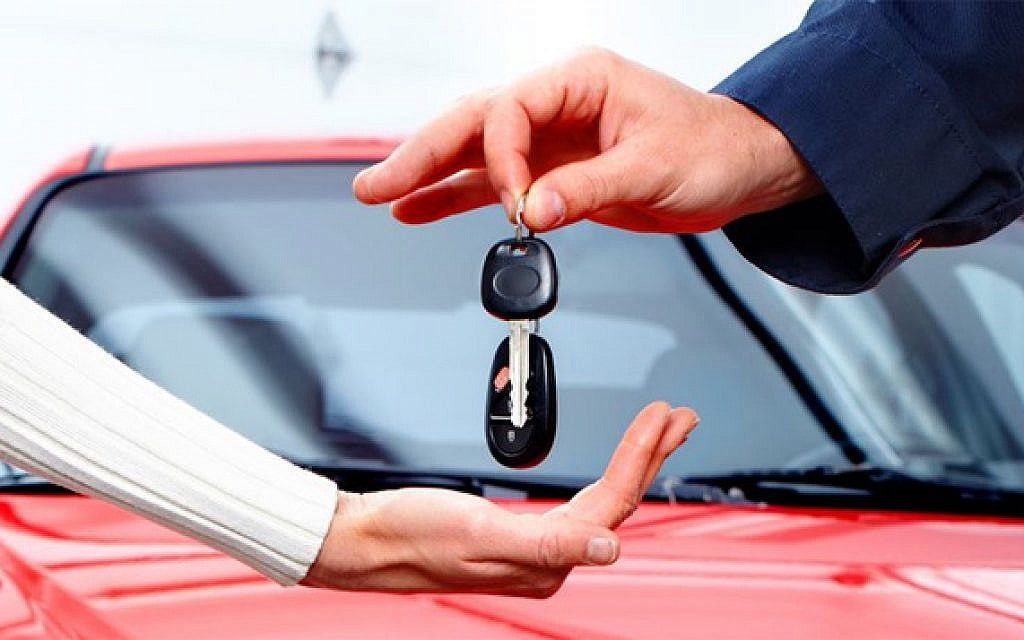Buying a New Car in Maharashtra Now Costs More: Higher Taxes on Petrol, Diesel, CNG, LNG, and Imported Cars — Only EVs Stay Tax-Free

Buying a New Car in Maharashtra Now Costs More: Higher Taxes on Petrol, Diesel, CNG, LNG, and Imported Cars — Only EVs Stay Tax-Free
Buying a new car in Maharashtra will now cost you more, following fresh tax revisions introduced by the state government from July 1. The revised tax structure affects almost all vehicle categories—petrol, diesel, CNG, LNG, imported cars, and even company-registered vehicles—making car ownership more expensive across the board.
Petrol Cars: Tax Now Based on Price
Petrol vehicles are now taxed according to their ex-showroom price:
- Up to ₹10 lakh: 11%
- ₹10–20 lakh: 12%
- Above ₹20 lakh: 13%
Previously, the tax wasn’t directly linked to price brackets, making this a significant change—especially for mid-range and premium buyers who will now pay higher upfront costs.
Diesel Vehicles: Higher Taxes Across All Brackets
Diesel car owners face an additional tax burden, with rates increased by 1%:
- Up to ₹10 lakh: now 14%
- ₹10–20 lakh: now 15%
- Above ₹20 lakh: now 16%
The higher tax is expected to impact both private buyers and commercial users who often choose diesel vehicles for their fuel efficiency.
CNG and LNG Vehicles Also Affected
CNG and LNG vehicles, usually considered greener alternatives, haven’t been spared. Taxes on these have risen by 1%:
- For a ₹10 lakh vehicle, tax now stands at ₹80,000 (up from ₹70,000)
- For ₹10–20 lakh vehicles, tax is now ₹1.6 lakh (up from ₹1.4 lakh)
- Vehicles over ₹20 lakh now attract a 13% tax
This change affects a large base of over 17 lakh CNG/LPG vehicles, including dual-fuel types.
Imported and Company Vehicles: Big Jump in Tax
Imported petrol and diesel cars, along with vehicles registered under company names, will now attract a flat 20% tax. For instance, importing a car worth ₹1.5 crore would mean paying ₹30 lakh in tax—an increase of ₹10 lakh over the previous cap of ₹20 lakh. This change is set to impact corporate fleets and luxury car buyers the most.
Commercial and Transport Vehicles: Costlier Operations
Light commercial vehicles weighing up to 7,500 kg now face a 7% tax, which could add an estimated ₹625 crore in revenue to the state exchequer. This move directly affects logistics operators and small transport businesses.
Electric Vehicles: Still Tax-Free
Electric vehicles (EVs) remain completely exempt from motor vehicle tax. The government aims to encourage buyers to opt for cleaner, eco-friendly transport options.
A Strategy for Revenue and Sustainability
The Maharashtra government says the new tax structure is aimed at boosting revenue—expected to add about ₹170 crore in the 2025–26 financial year—and promoting greener choices. By keeping EVs tax-free and raising taxes on diesel and alternative fuels, the policy tries to balance environmental goals with fiscal needs.
What It Means for Buyers
Whether you’re planning to buy a budget-friendly petrol car, a diesel SUV, a CNG sedan, or an imported luxury vehicle, it’s now important to factor these tax changes into your decision. The higher costs could push many toward considering electric vehicles, which remain the most tax-efficient option.
As car prices rise under the new policy, buyers across Maharashtra might need to reassess their options—and possibly rethink their fuel choices for a more cost-effective and eco-friendly future.









